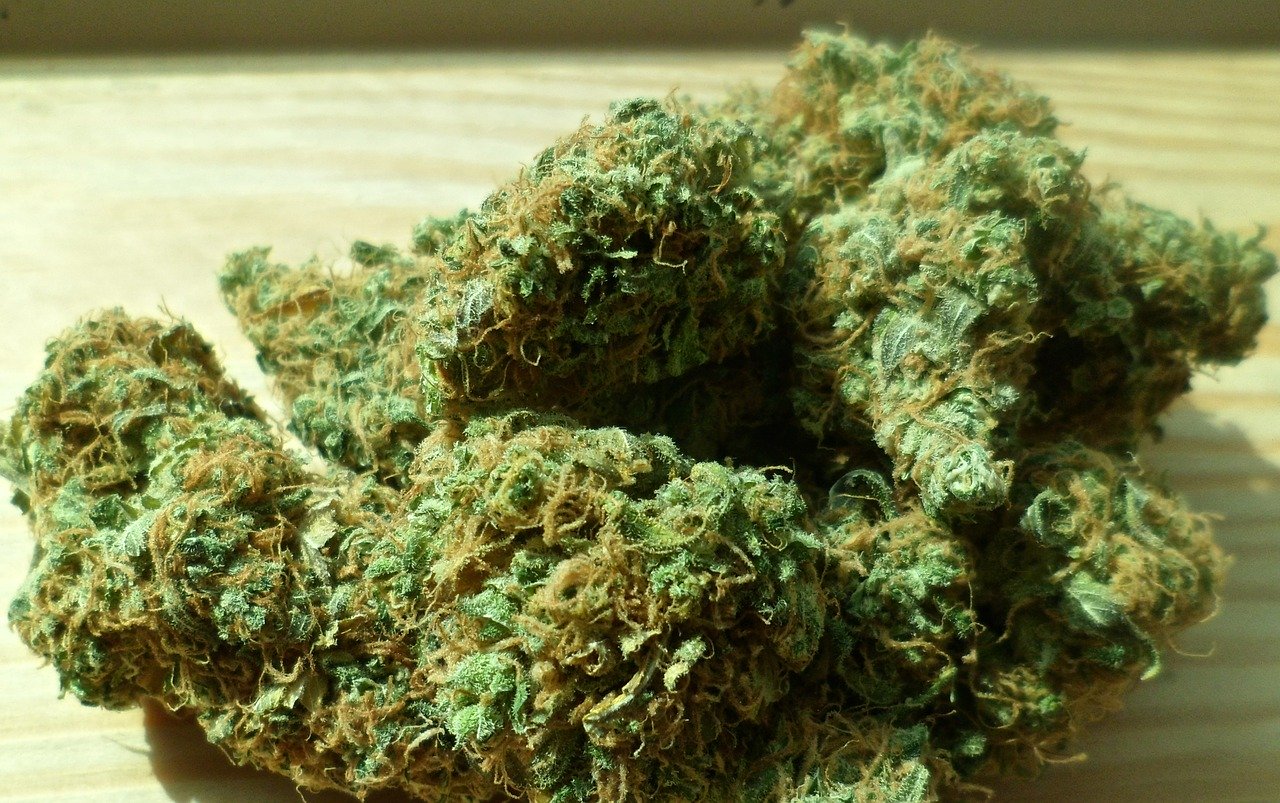
A new study has suggested that marijuana my not address sleep problems, especially for people who regularly uses cannabis.
The study, published on Monday in the journal BMJ Supportive & Palliative Care, showed that while marijuana may help improve sleep directly due to its effect on pain, regular use could actually cause more difficulty with falling asleep and more middle-of-the-night awakenings.
Sharon Sznitman, a senior lecturer in the School of Public Health at the University of Haifa in Israel, said: "Most of the research has so far examined synthetically extracted cannabis compounds, mainly THC and CBD."
"This, however, cannot give us clear indication for how cannabis affects sleep in the daily lives of most cannabis users because most cannabis users use whole-plant based cannabis, which has more than 500 cannabinoids, and these may be interacting and creating different effects on sleep than synthetically extracted cannabinoids," she continued.
In the study, Sznitman and her team analyzed the sleep patterns of 128 people aged 50 and older with chronic pain, 66 of whom were marijuana users who used whole-plant based cannabis to ease their pain and help with sleep.
The researchers found that while those who were using cannabis were less likely to report middle-of-the-night awakenings initially, they also said that when they used weed frequently, they did have more difficulty with falling asleep and more middle-of-the-night awakenings.
Sznitman explained: "Cannabis may help improve sleep directly, but it may also be that cannabis improves sleep through the effects that cannabis has on pain. It is also possible that people who use cannabis long term and often may develop tolerance to the sleep-inducing effects."
She pointed out that this could make cannabis "non-effective or less effective" for sleep.
Dr. Bhanuprakash Kolla, who works in the Center for Sleep Medicine and the Division of Addiction Medicine at the Mayo Clinic, said: "The results of this study show that even among regular users, the beneficial effects on sleep are minimal at best."






